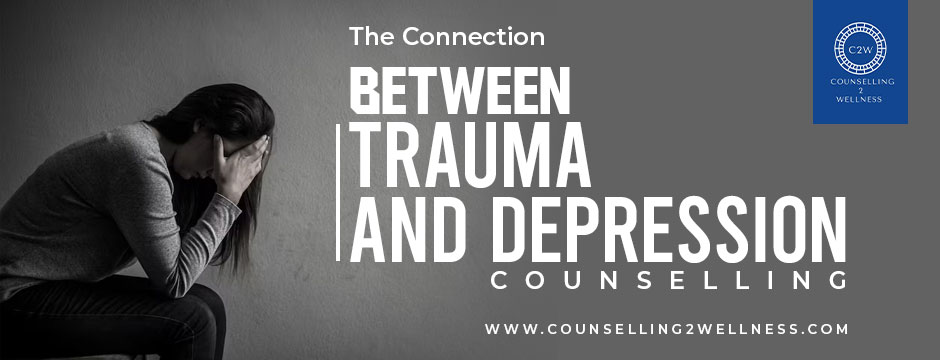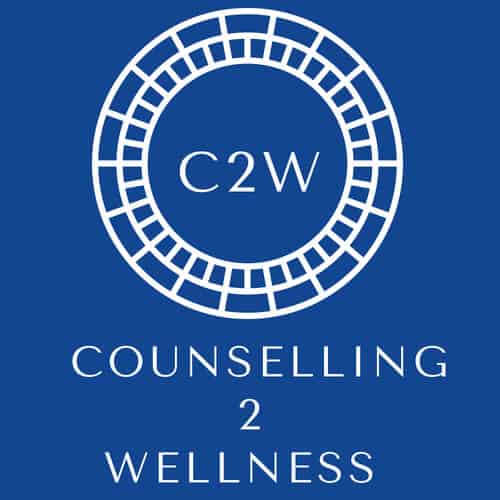Trauma and depression are often closely intertwined. Traumatic events such as physical or emotional abuse, accidents, or the death of a loved one can lead to depression. However, seeking depression counselling can help individuals cope with their trauma and eventually overcome their depression. In this blog post, we will explore the connection between trauma and depression counselling, and how counselling can be effective in treating both.
Trauma is an emotional response to a stressful event. It can occur after experiencing or witnessing a life-threatening event, such as a natural disaster, accident, or violence. Trauma can also occur after being exposed to ongoing stress, such as abuse or neglect. Trauma can have long-term effects on a person’s mental health, including depression, anxiety, and post-traumatic stress disorder (PTSD).
What is Depression?
Depression is a mental health disorder that affects a person’s mood, thoughts, and behavior. It can cause feelings of sadness, hopelessness, and loss of interest in activities once enjoyed. Depression can also lead to physical symptoms such as fatigue, sleep disturbances, and changes in appetite.
The Connection Between Trauma and Depression
Trauma and depression are often connected. Trauma can be a significant trigger for depression, especially if the trauma is ongoing or severe. Traumatic events can cause a person to feel helpless, overwhelmed, and hopeless. These feelings can lead to depression, as the person struggles to cope with the trauma and the resulting emotions.
Depression counselling can be an effective way to help individuals who are struggling with the effects of trauma. A counsellor can help the person understand how their trauma has affected their mental health and develop coping strategies to manage their symptoms.

Types of Trauma
There are many types of trauma, including:
- Acute Trauma: This type of trauma is caused by a single, life-threatening event, such as a car accident or natural disaster.
- Chronic Trauma: This type of trauma is ongoing, such as living with an abusive partner or in an unsafe neighborhood.
- Developmental Trauma: This type of trauma occurs during childhood and can result from physical, emotional, or sexual abuse.
How Counselling Can Help
Psychotherapist for depression can help individuals cope with the effects of trauma and overcome their depression. Here are some ways that counselling can be effective in treating both:
- Providing a Safe Space: Counselling provides a safe space for individuals to talk about their trauma and the resulting depression. This can be particularly helpful for those who may not feel comfortable talking to family or friends.
2.Developing Coping Strategies: A counsellor can help individuals develop coping strategies to manage their symptoms. This may include relaxation techniques, mindfulness exercises, and cognitive-behavioral therapy.
3.Addressing Underlying Issues: Counselling can help individuals identify underlying issues that may be contributing to their depression, such as unresolved trauma or unresolved grief.
4.Encouraging Self-Care: A counsellor can encourage individuals to practice self-care, such as getting enough rest, eating a healthy diet, and engaging in physical activity.
Conclusion
Trauma and depression are closely linked, and seeking counselling can be an effective way to manage the effects of trauma and overcome depression. By providing a safe space, developing coping strategies, addressing underlying issues, and encouraging self-care, depression counselling can help individuals move forward and regain control of their mental health. If you or someone you know is struggling with depression or the effects of trauma, consider seeking the support of a trained counsellor. Want to learn more? Visit us at Counselling 2 Wellness!

